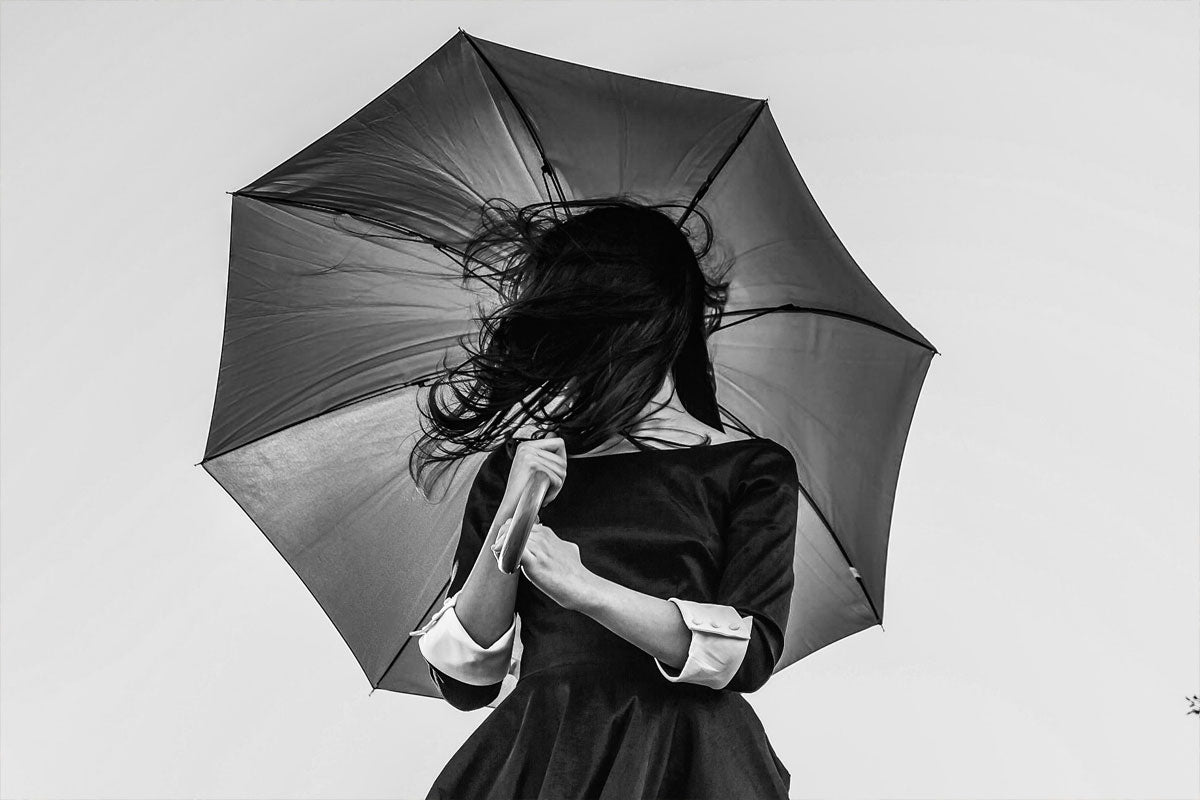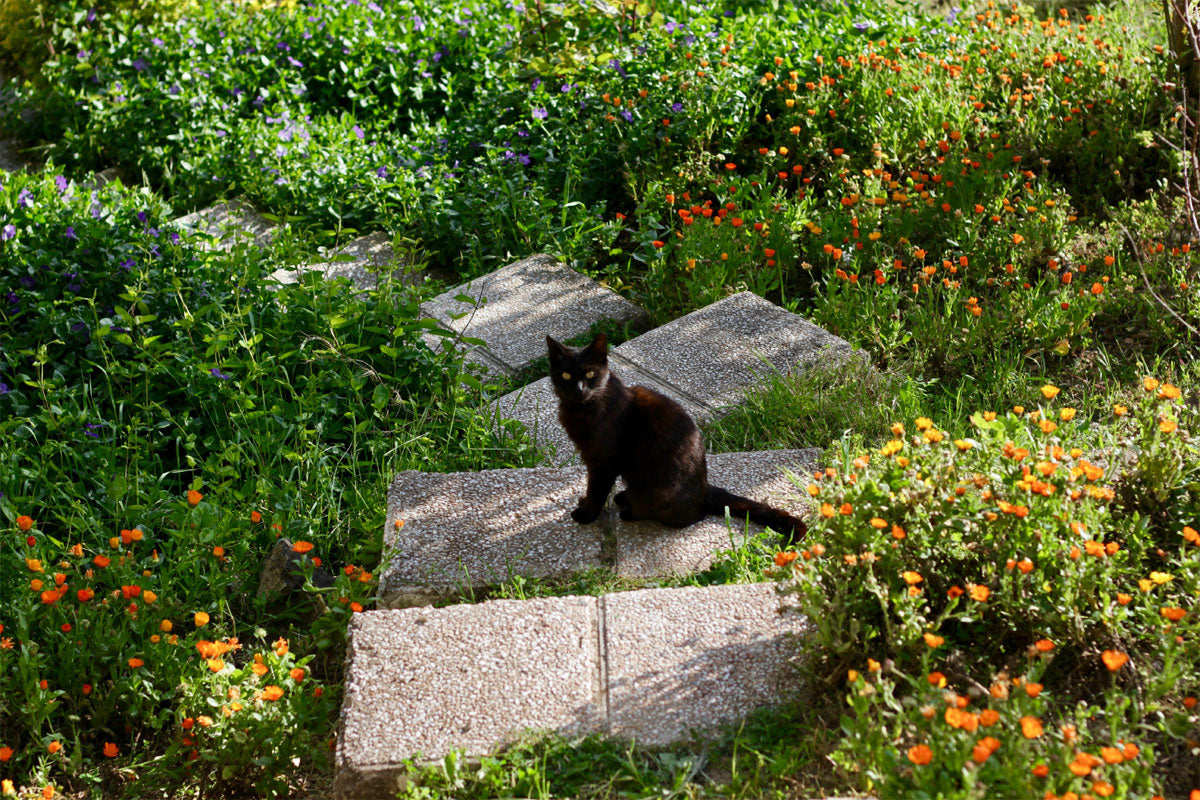Are superstitions ruling your life?

A black cat crosses your path. You walk under a ladder without thinking. Three things go wrong in your day. What do any of these circumstances mean for you? Do they give you a looming sense of dread? Do they leave you waiting for something ominous to happen? Or do you think absolutely nothing of any of the former and get on with your day?
If they create any kind of discomfort for you, perhaps try this statement on for size:
Nothing has any meaning other than the meaning you give it.
Consider rain, for example. To a farmer it's a blessing; to a bride on her wedding day it's a disaster (for the odd bride).
But, it's just rain, wet stuff that falls from the sky, isn't it?

Photo by prosha amiri on Unsplash
What are superstitions and how might they impact mental health?
Superstitions are age-old beliefs rooted in tradition and/or coincidence that do not appear to be based on fact. Over the years superstitions have provided for many a way of feeling in greater control of their lives. Mostly, they are fun and harmless, but they can also be a little or a lot disruptive to the lives of some, particularly if someone becomes particularly attached to an outcome.
Take Cheryl. Cheryl believes that the only way to dispel negativity from her home is through the burning of sage. She also knocks on wood every time she feels the need to ward off bad luck. She'd never open her umbrella to dry it off inside. And let's not get started on "bad luck always comes in threes!"
What then, would become of Cheryl if she were to be dropped on a desert island, with no wood and no sage? Do you think she'd come to realise that life would still go on? I think so.
Although, it's not always that simple.
Superstitions can become troublesome for those with generalised anxiety disorder, or for those with OCD. If superstitions start to markedly impact the choices a person makes, such as undergoing certain activities, then this might suggest there are underlying mental health concerns that need addressing.
Superstitions, on a positive note.
Now, all of this is not to say you aren't entitled to your superstitions and that they may have any negative impact on your life at all. In fact, in some instances, believing that sitting in 'the lucky chair' for an exam, or wearing the right coloured undies for a job interview, could benefit you. For some, holding this belief might simply provide a sense of control over the outcome, and this of course can bring confidence and other positive knock ons. The placebo effect can be enough.
I do wonder though, if it's worth being aware of having too strong an attachment to superstitions because who knows, you might just end up on that deserted island tomorrow with Cheryl. (Hope she's a good chick).
Over the years, on the good advice from a psychologist many moons ago, I have worked hard not to let myself become attached to anything that has so much control over my life I'd be upside down and roundabout with it. Except coffee, of course.
I love the smell of burning sage, and I even diffuse essential oils that 'symbolise' the clearing of energy.. but I have long come to believe that everything I need is within me (and you), and that (once more for effect) nothing has any meaning other than the meaning I give it.
If you are finding superstitions to be ruling your life and impacting your mental health, please do consider seeking appropriate support from a mental health professional.
I'd love to hear your thoughts. Have you found superstitions to add value to your life? Or do they in fact rule your life?
Top photo by Unsplash

















































